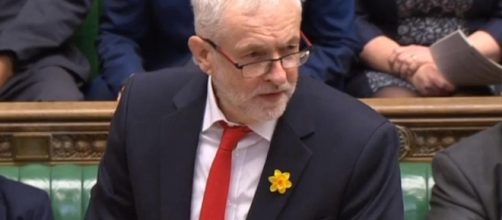Since Labour’s manifesto leak shows significant increases to the budget of public services, notably the NHS. A lot of people have questioned where the funding will come from, of course where it will come from is important. But that question rarely gets asked when the renewal of trident comes around or we bomb other countries, however that is an argument for another time. This focus on Labour promises and where the money will come from.
Firstly, they have set out quite succinctly where the money will come from and will have a clear funding plan for public services when the manifesto is officially released in the coming days.
Funding pledge
Current knowledge on funding is largely to do with clamping down on tax avoidance and increasing taxes on the 5% richest in society. According to current IFS statistics, you must earn at least £72,000 a year to be in the top 5% richest, Labour policy will see no tax increase for those earning under £80,000 a year, this tax increase will hit Jeremy Corbyn himself who earns around £125,000 a year along with Theresa May and London Mayor, Sadiq Khan along with various other cabinet ministers and major party leaders.
They also plan to introduce a Robin Hood Tax, which will modernise the 322-year old stamp duty system. This will incorporate new forms of highly-traded financial assets.
They will put a 0.5% tax on transactions, close the loophole within the tax office and the increase in corporate tax, they would raise significant sums of tax revenue over the next course of parliament, estimates are currently at £26 billion over a 50-year term. Achieving significant tax reforms but of course there is a risk with corporate tax, that it will put businesses off.
But under Labour corporate tax itself would still be one of the most competitive globally, it is the UK’s tax base that is uncompetitive with an ungenerous set of capital allowances. If the UK wants to become competitive with its tax base, it would require reform within this area rather than the reduction of corporate tax.

